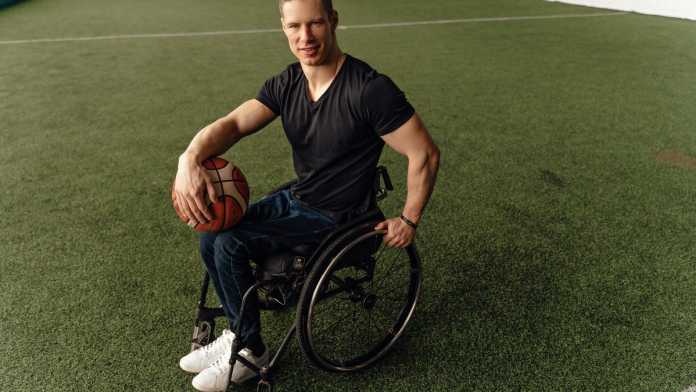People with disabilities often have unique and valuable perspectives to share about their challenges. They can be great advocates for their fellow disabled citizens, providing insights and firsthand experiences that can help shape public policy and improve the lives of those who need it most. A certificate iv in disability can offer the opportunity to learn more about disability issues and how to advocate on behalf of people with disabilities effectively.
It provides the foundation needed to understand the issues and concerns of those with disabilities and to advocate on their behalf. A certificate iv in disability can help fill a gap in the employment market for people with disabilities and give them the skills they need to be successful advocates for themselves.
What Is A Disability?
Disability is an umbrella term that includes conditions that affect one or more body parts or functions. These conditions can range from physical disabilities, such as blindness or cerebral palsy, to cognitive and intellectual disabilities, such as Down syndrome or autism. Disability can also include mental health conditions, such as bipolar disorder or schizophrenia. A disability certificate is a document that verifies that a person has a qualifying disability and grants them access to certain benefits and services. To get a disability certificate, you must first be assessed by a doctor or other healthcare professional who specialises in diagnosing disabilities.

What Is Advocacy?
Advocacy means working to change laws, policies and practices so that all people with disabilities have an equal opportunity to live the life they want. It is both a personal and professional responsibility. To be an effective advocate, you need to understand the issues, know your rights and be able to communicate effectively. Advocates come from all walks of life and come together for a common cause: improving the lives of people with disabilities. They may be parents or family members of someone with a disability, professionals who work with people with disabilities or simply concerned citizens who want to make a difference.
There are many different types of advocacies, from individual to systemic. Individual advocacy focuses on helping one person at a time, while systemic advocacy strives to create change on a larger scale. Some common approaches include policy reform, public education and fundraising.
What Are The Different Types Of Certificate IV In Disability Courses?
There are different types of Certificate IV in Disability courses available, so it is important to do your research to find the right one for you.
Some courses focus on community work, while others offer a more vocational focus, such as working in disability support services. It is also important to consider the delivery mode of the course – whether it is delivered online, face-to-face or a combination of both.
It’s also important to think about what you want to get out of the course. Do you want to learn about how to work with people with disabilities? Or do you want to gain a qualification that will help you find a job in the disability sector?
How Do I Know If A Certificate IV In Disability Is The Right Course For Me?
Before enrolling in a Certificate IV in Disability, it is important to assess your own skills and interests. Consider the type of work you would like to do, as well as the areas of disability that interest you most. It is also important to think about your current qualifications and experience, and whether they match up with the course requirements, you are interested in.
It is also worth considering whether you have the time and money to commit to a full-time course. If not, there are many part-time options available.








